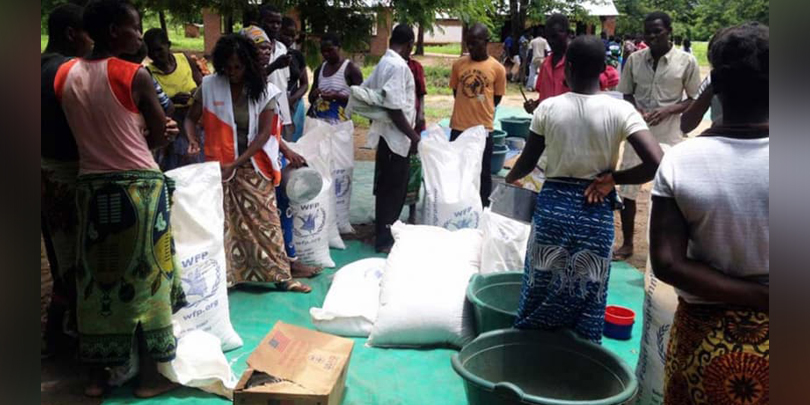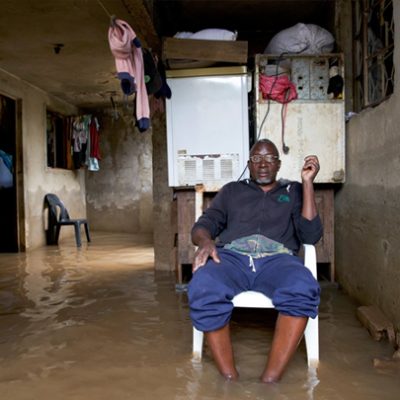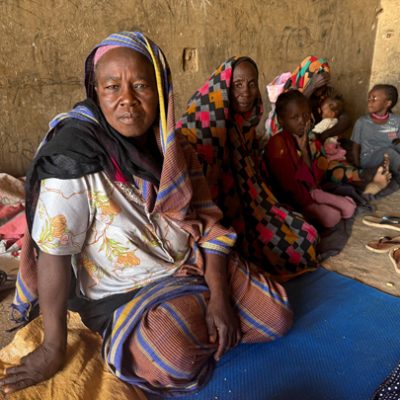
As hunger grows in Malawi and across the southern African region, Catholic leaders in the country are calling for long-term recovery initiatives. Source: Crux.
The World Food Program says up to 4.2 million Malawians are currently experiencing acute food insecurity, and that figure is expected to rise to 5.7 million between October and March.
The situation has been blamed on climate disasters, lost harvests, currency devaluation and high inflation rates.
Across Southern Africa, over 24 million people face hunger, malnutrition, and water scarcity, according to Oxfam.
“Malawi stands at a critical juncture as the country faces an escalating hunger crisis that demands immediate and concerted action,” said the country’s bishops in a September 18 statement.
“Over the past 12 months, the situation has deteriorated significantly, leaving millions of Malawians struggling to meet their basic food and nutritional needs,” they said.
The bishops blamed factors such as the effects of El Niño and Tropical Cyclone Freddy for the ongoing crisis.
“These persistent disasters and climatic conditions have severely impacted agricultural productivity, resulting in crop failures and rising food prices,” they said. “This situation has placed a heavy burden on vulnerable communities, pushing many into extreme poverty and hunger.”
The bishops accused the government of failing to respond appropriately, saying the government’s approach continues to be disjointed.
Fr Valenriano Mtseka, Secretary General of the Episcopal Conference of Malawi, outlined a comprehensive plan that includes environmental, economic, and social strategies aimed at fostering sustainable development and disaster preparedness.
He highlighted the importance of environmental rehabilitation through forestation and soil fertility restoration. He said forestation and improving soil fertility will help mitigate the effects of climate change and ensure sustainable agricultural practices.
He also emphasised the need to promote “smart energy solutions such as energy-efficient cooking stoves and solar power.”
Additionally, Malawi’s bishops urged the government to make quick and coherent decisions regarding food, which they called a basic human right, and to invest in resilient and sustainable agricultural practices.
FULL STORY
Facing hunger crisis, Malawi bishops demand comprehensive response (By Ngala Killian Chimtom, Crux)






